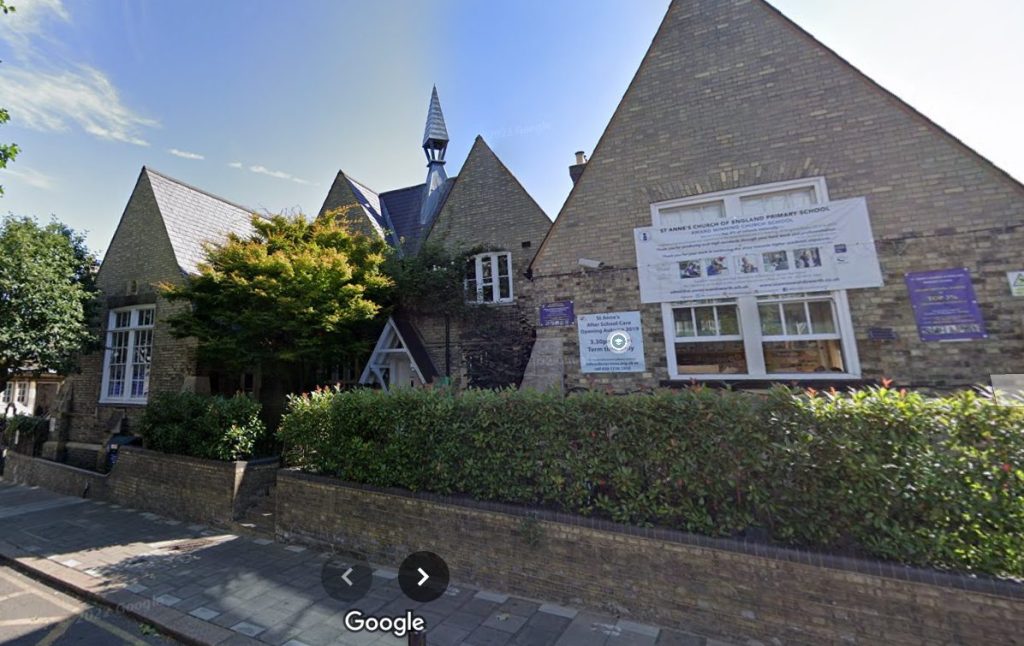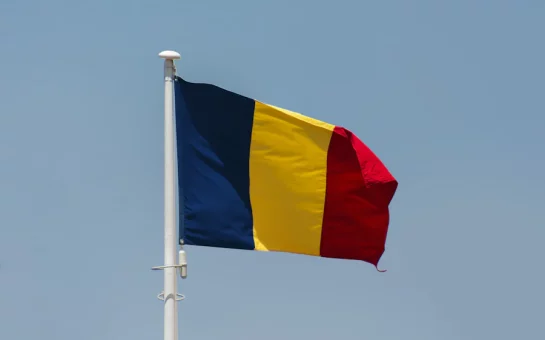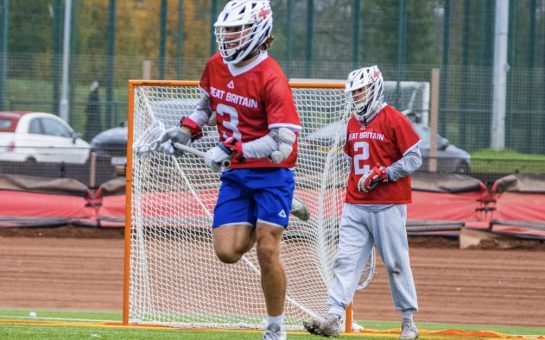The number of on-time state school applications received by south west London councils has decreased following the autumn budget’s private school tax, a Freedom of Information request has revealed.
Data obtained from Croydon, Kingston, Richmond, Merton, Sutton and Wandsworth councils each showed a decrease in the number of secondary school applications received by the 31st October deadline.
The announcement of a 20% VAT charge on private school fees last autumn had heralded outcry, but is yet to play out in the state sector.
One teacher at a small private school in Surrey said: “There has been no sudden rise of pupil withdrawals. But I can see a few schools struggling in the future which could have a major impact on the state sector.
“With the rising cost of living, even before the VAT increase, families were having to make sacrifices to send their children to private school. Now, the number of families who can afford the extra 10-20% gets even smaller.”
The Independent Schools Council (ISC), which represents more 1,400 private schools in England, declined to comment on these figures but had previously suggested that an increase in private school fees to meet the additional VAT charges, would result in a migration of students into a ‘stretched’ state sector.
Richmond Council saw a 10% drop in applications from 2024 to 2025, although figures had already been decreasing since 2021, in line with dropping birth rates in the area.
A council spokesperson said: “The number of on-time secondary school applications received for September 2025 shows a small decrease compared to the previous year, reflecting wider demographic trends that we will continue to track closely.
“At this stage in terms of secondary admissions, we have not seen any discernible impact on our pupil numbers arising from the VAT charge on independent private schools. As we monitor this, our focus remains on ensuring that there are sufficient high-quality school places available for all children in Richmond upon Thames.”
The capital’s rising cost of living, coupled with its dropping birth rates could be contributing to the fall in student numbers.
One Wandsworth primary school is set to close over the summer, citing a dramatic decline in pupils and a resulting debt of approximately £300,000.
St Anne’s Church of England took just eight children into their reception class in September 2024.

Merton has seen a similar steady decrease in secondary school applications year on year, dropping by 10% since 2019.
MP for Mitcham and Morden Dame Siobhain McDonagh said: “We have had a number of primary schools in Mitcham and Morden go down to one form of entry, you know, 30 a year rather than 60 because there simply aren’t the children around.
“We’re facing a terrible crisis in our schools in SW London with falling school rolls. Birth rates are down, people are just not having children and one of the factors at the top of our discussion is just how expensive it is to live in London and clearly if you have children, you need more housing and that is very difficult to access.”
With regards to constituents raising concerns on struggling to afford the rising fees at independent schools, McDonagh added: “Maybe some time ago I had one or two, but as your Freedom of Information application indicates there has been no real impact.
“Some of the schools have absorbed the costs because private school fees have gone through the roof in recent years, so there may be quite a lot of money in the model.”
Despite dropping slightly this year, Sutton has seen a 5% increase in the number of state school applications received from 2019 to 2025.
A state school teacher in Sutton said: “Most of us here are in agreement that the move by the government makes sense. If what they’re saying is true then state schools will definitely benefit from the budget increases.
“But I can see both sides, some people work really hard to just about manage to pay the fees so their child can get that top education, but probably won’t be able to afford it anymore.”
The ISC together with a small collective of Christian faith schools and a parent-led group challenged the government’s VAT policy in court last month, arguing that it was discriminatory and against the legal right to an education.
At the hearing, it was raised that higher fees could force 35,000 children with special educational needs and disabilities (SEND) into the state sector, which the claimants state to be ‘in crisis’.
Representatives of the Chancellor of the Exchequer Rachel Reeves, HMRC and the Department of Education argued instead that the policy will raise a predicted £1.3-£1.5b annually, to be put into raising the standards for the 94% of children in state schools.
The hearing concluded at the Royal Courts of Justice on 1 May and a date for judgement has not yet been announced.
Featured Image by MChe Lee on Unsplash





